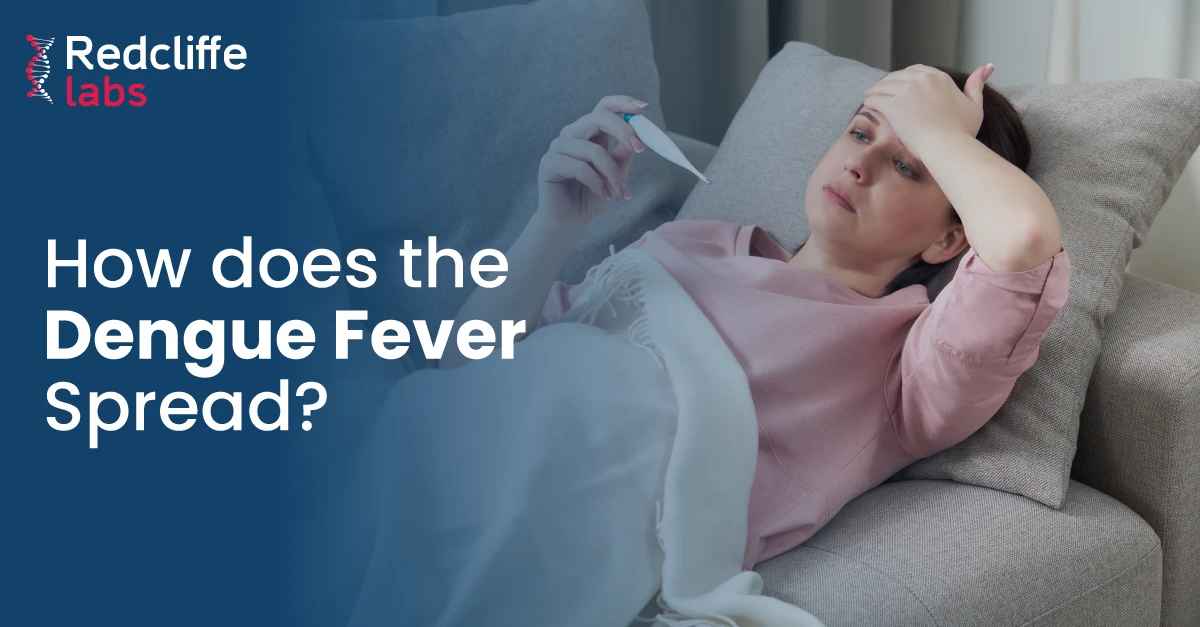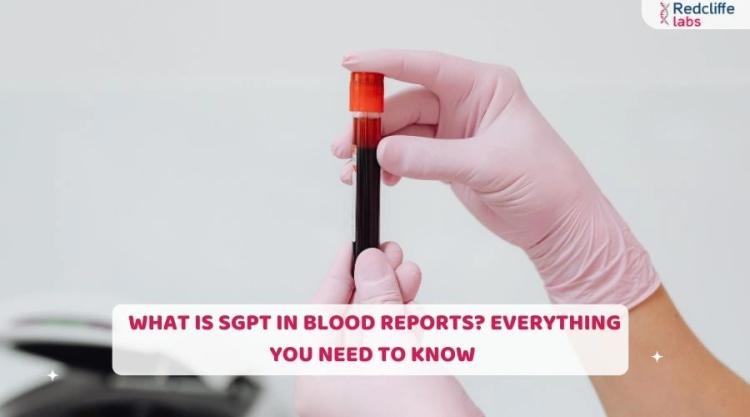How Does Dengue Fever Spread?

Medically Reviewed By
Dr Divya Rohra
Written By Meenakshi
on May 4, 2022
Last Edit Made By Meenakshi
on Jan 9, 2025

Dengue fever comes among the topmost world diseases and there has been a many-fold increase in dengue cases recently. It is one of the most emerging infections as well.
Dengue is caused by which mosquito?
There are 4 types of viruses that can cause dengue infection. Among them, Aedes aegypti mosquitos are the leading transmitters of the dengue virus. This dengue mosquito usually bites after sunrise and around evening time or during sunset.
Aedes aegypti commonly breeds in small reservoirs or water containers, and it is commonly found around residential areas or homes. The mosquito gets the virus by biting an already dengue-infected person and then transmits the dengue virus to others through bites. Almost half of the global population is at risk of dengue infection. Almost 300 million cases take place worldwide each year, with roughly 30 thousand deaths.
However, urgent clinical intervention can stop serious dengue cases because there is no specific treatment or cure available yet. To prevent dengue outbreaks at the community level, using insecticides and stopping the water-holding containers are some of the important measures to suppress mosquito breeding.
What is Dengue?
Dengue is a viral infection caused by mosquito bites that often show symptoms similar to the seasonal flu. Dengue fever mostly occurs in subtropical and tropical areas. It is a mosquito-borne disease that shows common viral fever-like symptoms during the early stages. Although a dengue vaccine is available, it has certain limitations. Therefore, the first step in preventing dengue fever is to avoid mosquito bites.
What are the symptoms of dengue?
During dengue fever, between 3 and 15 days, an infected person may feel mild to high fever, chills, pain in the eyes, especially during eye movement, headache, extreme body aches, or joint aches during the first few hours. That’s why dengue fever is also known as "break-bone fever." After about 2-3 days, the body temperature may drop suddenly, resulting in profuse sweating. Fever and other symptoms, such as rashes and a high body temperature, may reappear a few hours later.
Sore throat, vomiting, nausea, and other hemorrhagic and neurological symptoms may happen that may lead to dengue shock syndrome or dengue hemorrhagic fever if left unattended. But sometimes, many individuals don’t experience symptoms for quite a while. Almost 50% of patients are found to be asymptomatic. Dengue fever usually lasts no more than 10 days.
Most of them recover easily, but in some people, symptoms become life-threatening and worsen over time.
When the blood vessels get damaged and the platelet count drops (thrombocytopenia) significantly, internal bleeding, organ failure, and a state of shock happen, and at this point, dengue becomes fatal. This happens all of a sudden and requires hospitalization, emergency, and continuous monitoring too. Other symptoms of severe shock syndrome are:
Severe abdominal pain, gums and nose bleeding, uncontrolled vomiting with the appearance of blood, blood in stool or urine, breathing trouble, bruising under the skin, restlessness, and fatigue.
How to increase platelet count in dengue?
Because platelet count can be drastically reduced during dengue infection, it can impose a serious health condition. Thus, it is essential to maintain a normal level of platelet count, but the question is, how to increase platelets in dengue? Here are some of the things to be followed to improve the level of platelets:
To stay hydrated, include plenty of liquid in your daily diet, such as fresh juices, coconut water, plain water, and soups. Add more citrus fruits and green leafy vegetables to get more vitamin C, iron, and vitamin K. Besides, increase the number of fibers by consuming raw fruits like papaya, kiwi, pomegranates, etc., porridge, and vegetables.
About dengue fever tests
Since dengue infection progresses quickly, which can be fatal and lead to more serious complications, an accurate diagnosis is essential to control the viral infection. A doctor may recommend a set of tests if he suspects dengue fever or its symptoms in an individual. If the dengue is not detected in time, it can escalate into a hemorrhagic condition within no time.
Blood tests for diagnosing dengue infection
Dengue infection is tough to diagnose without specific lab tests since the symptoms may overlap with those of the common flu or malaria. The first type of test available is for detecting antigens and the other is for detecting particular antibodies in the blood.
Antibody tests
This test helps to detect recent infections and the two types of antibodies (IgG and IgM). Both the antibodies are necessary to detect the exact dengue virus. And IgM appears first in the bloodstream, while IgG antibodies appear later. It has been observed that after a few months, IgM antibody levels in the blood become very low or almost undetectable.
Dengue IgM Antibody Test
This test shows recent infection and IgM antibodies become detectable between 3 and 5 days after the disease, and their presence in the blood confirms the primary or recent infection of dengue.
Dengue NS1 Antigen test
PCR testing, or molecular testing, is one of the most reliable ways to detect viruses in the body. It is done before the onset of primary symptoms or before the appearance of the first clinical symptoms of dengue infection and lasts for the first 1–3 days of the infection, up to the 5th day of symptom appearance. Since it is an antigen test, it detects or confirms the presence of the dengue virus in the bloodstream.
If this test shows negative results, then antibody testing is often performed. The specific antibody tests for the dengue virus are the dengue IgG and IgM antibody tests. These tests may show negative or positive results depending on the patient's condition, and the tests also detect types of antibodies present in a given blood sample.
Dengue IgG Antibody Test
This test is often performed after the 7th day of dengue infection when the IgG antibodies become detectable or during the secondary phase of dengue where its levels rise within 1 or 2 days of the onset of symptoms. In severe dengue, its level increases sharply while its IgM level remains moderate during this time.
Dengue IgG/IgM Antibody Test
This test detects both the antibodies (IgG and IgM) present in the bloodstream. Positive values of IgG and IgM tell us that the person has had the infection in recent times.
For more details regarding dengue tests, kindly log on at www.redcliffelabs.com and fix the slot for the free home sample collection. At Redcliffe Labs, tests are available at a feasible price. Each center of Redcliffe Labs across the country is ISO NABL certified.



